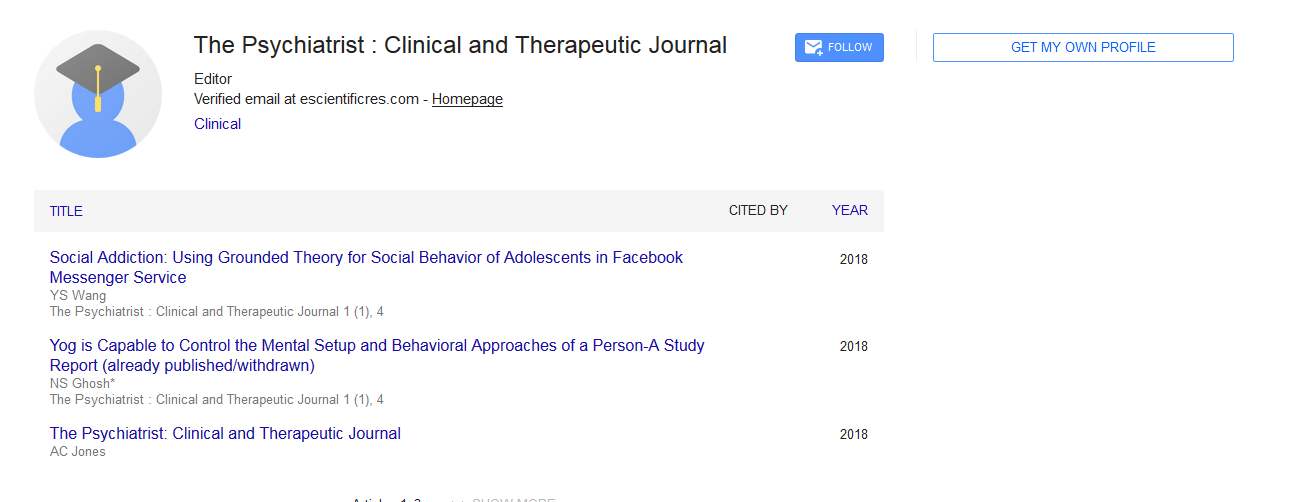Forgiveness as a predictive factor in a stroke recovery
*Corresponding Author:
Copyright: © 2020 . This is an open-access article distributed under the terms of the Creative Commons Attribution License, which permits unrestricted use, distribution, and reproduction in any medium, provided the original author and source are credited.
Abstract
Research suggests that forgiveness can promote stress reduction. Research also indicates how stress reduction can play a major role in stroke recovery. In the context of this poster; forgiveness refers to a voluntary and intentional process that takes place through a change in attitude or feelings regarding an event or situation. Stress refers to a state of mental or emotional strain resulting from adverse or demanding circumstances that also can elevate blood pressure in an individual. Additionally, stroke refers to a traumatic neurological event that can have long-lasting emotional, social or physical consequences. Research shows that stress levels in individuals undergoing recovery from a stroke can be notably higher than stress levels associated with the general population. Forgiveness based research shows that individuals who fail to forgive are more likely to have adverse emotional and physical implications. Some of these implications include increased anxiety, depression, elevated blood pressure, and decreased immune response. For individuals in stroke recovery, these factors do not promote recovery and raise the risk of reoccurrence. Based on the literature, this poster will demonstrate how forgiveness is a pathway to psychological wellbeing and health outcomes.
The role of lateralization in the functional outcome of the brain from stroke is not well established. Studies are limited on how the side of the brain on which the lesion appears affects the rate and amount of stroke recovery.

 Spanish
Spanish  Chinese
Chinese  Russian
Russian  German
German  French
French  Japanese
Japanese  Portuguese
Portuguese  Hindi
Hindi 